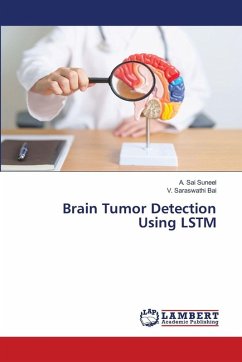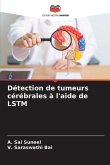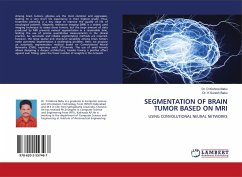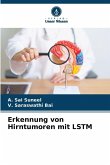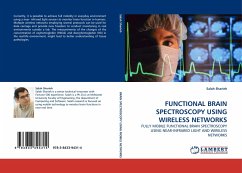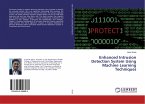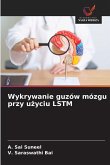Recent studies have shown that deep learning models are capable of providing significant benefits for medical image analysis. When using LSTM for brain tumor detection, you would typically feed the sequential input data, such as MRI scans or patient time series data, into the LSTM model. The model would then learn from the sequential patterns and use that knowledge to classify whether a brain tumor is present or not. Our model leverages the temporal dependencies in medical imaging data to improve accuracy and robustness in tumor detection. The LSTM model performs better than traditional methods, as shown by our results. This results in high accuracy and valuable insights into the detected tumor region. Further, we explore the interpretability of LSTMs and the potential integration with clinical information for improved diagnosis and planning.
Bitte wählen Sie Ihr Anliegen aus.
Rechnungen
Retourenschein anfordern
Bestellstatus
Storno

